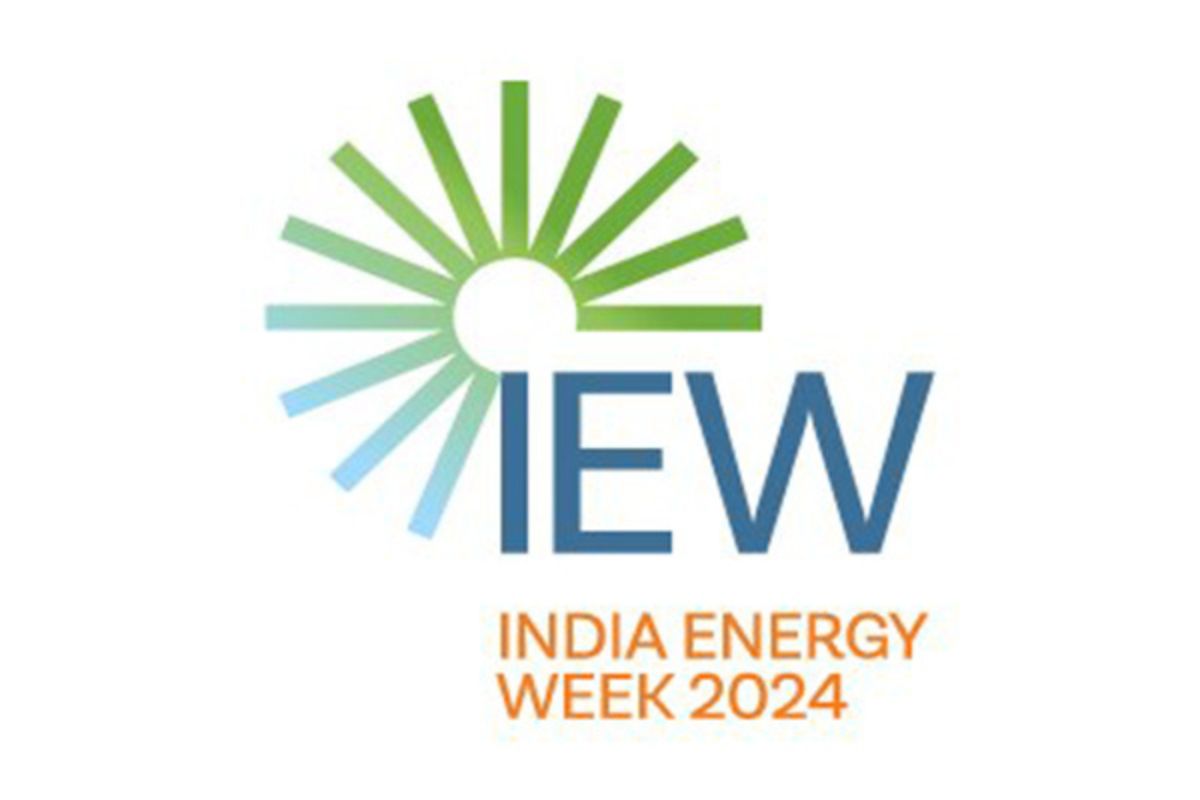Energy ministers from across the energy producing world and key decision-makers in the oil and gas market will take part in India Energy Week (IEW) 2024, which begins in Goa on Tuesday.
The IEW platform will serve as a conducive space for collaboration on policies, based on exchange of experiences, to usher the world into a cleaner future.
Advertisement
Prominent foreign-government functionaries who will address the four-day event, to be inaugurated by Prime Minister Narendra Modi, include petroleum ministers from Libya, Nigeria, Sudan and energy ministers from Ghana, Djibouti and Sri Lanka, among others.
OPEC, the top decision-making body for oil exporting countries, will be represented by its secretary general Haithan Al Ghais.
Union Minister for Petroleum and Natural Gas Hardeep Singh Puri will be chairing multiple conferences and sessions at IEW.
Additionally, to provide a 360 degree perspective on the global energy scenario, IEW 2024 will also feature speakers from regulatory bodies, renewable and alternate fuel associations and companies, policy researchers and consultants.
IEW 2024 will feature a rich spread of strategic conferences with global decision makers deliberating over the future of sustainable energy.
Some of the sessions are: “India’s Oil Market 2030” and, “Energy supply chain of the future and the impact of the choices of the current fuel mix,” on February 8. “Seismic shifts – harnessing new exploration technology to develop deepwater frontiers” on February 9 and “Ensuring energy security for nations and industry in a VUCA world” on the opening day, among many more.
Organised by the Federation of Indian Petroleum [FIPI] Industry under the aegis of the Ministry of Petroleum and Natural Gas, Government of India, India Energy Week, 2024 will serve as a catalyst for meaningful discussions, knowledge exchange, and collaboration among industry experts, policy makers, academia and entrepreneurs.
India has enjoyed remarkable success in answering the challenges of simultaneously ensuring energy security and energy transition.
The country has responded to the daunting challenge through a slew of measures encompassing, but not limited to, increasing domestic crude oil and natural gas exploration and production, rapidly raising ethanol blending in petrol to cut imports and keep prices affordable, and deploy large-scale renewable power generation capacity at a lower cost than thermal power.
IEW provides an opportunity for the world to learn from India’s dynamic decision making in the face of volatility to ensure accessible, affordable and clean energy to its citizens.
The platform is also expected to highlight India’s leadership in the battle against climate change while allowing stakeholders across the energy spectrum to freely exchange ideas and explore opportunities under one roof.
In India, the world has found a viable template to balance the dual challenges of energy security and energy transition. In Goa, the global energy ecosystem can study India’s template and evolve new strategies for a prosperous and sustainable world.











